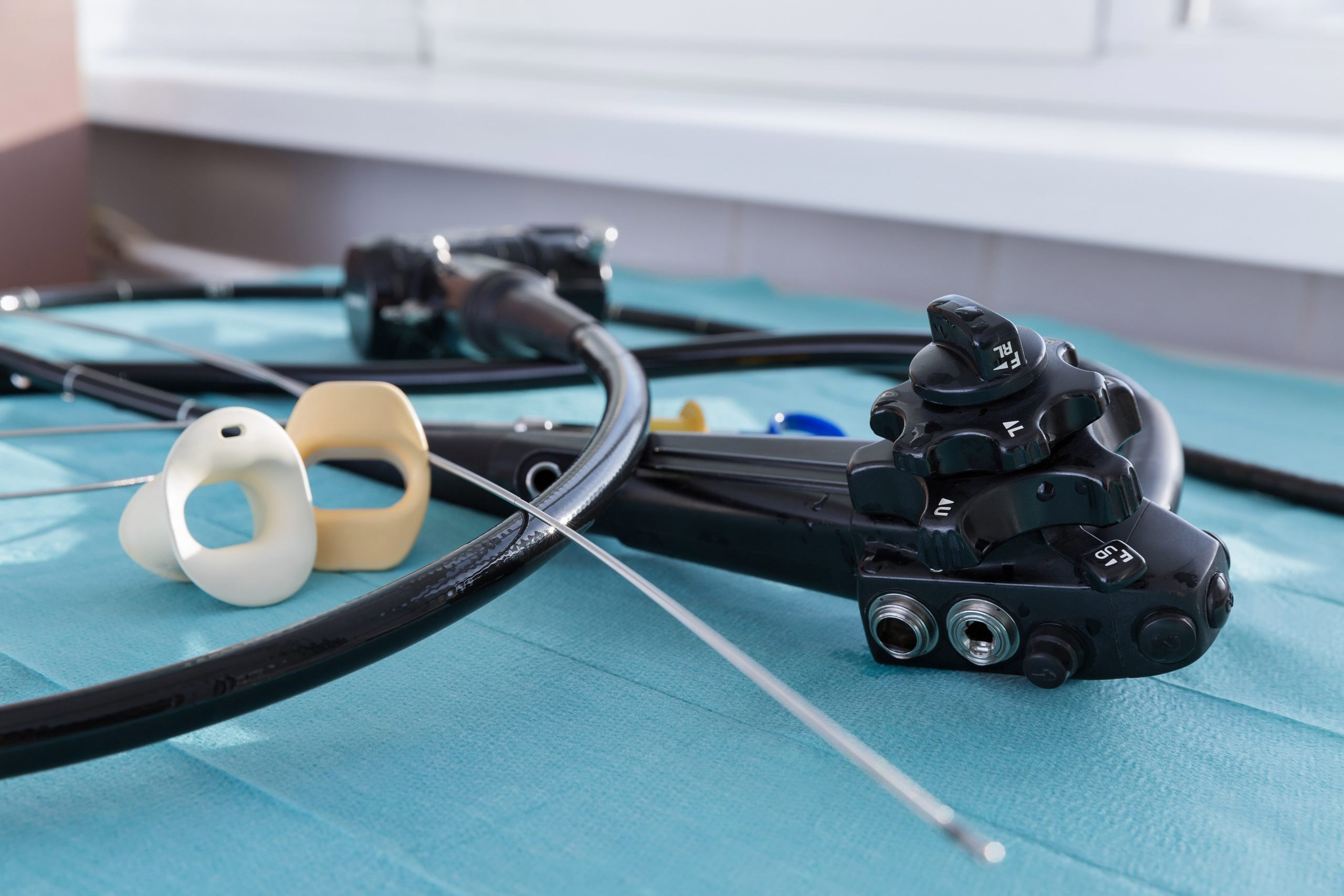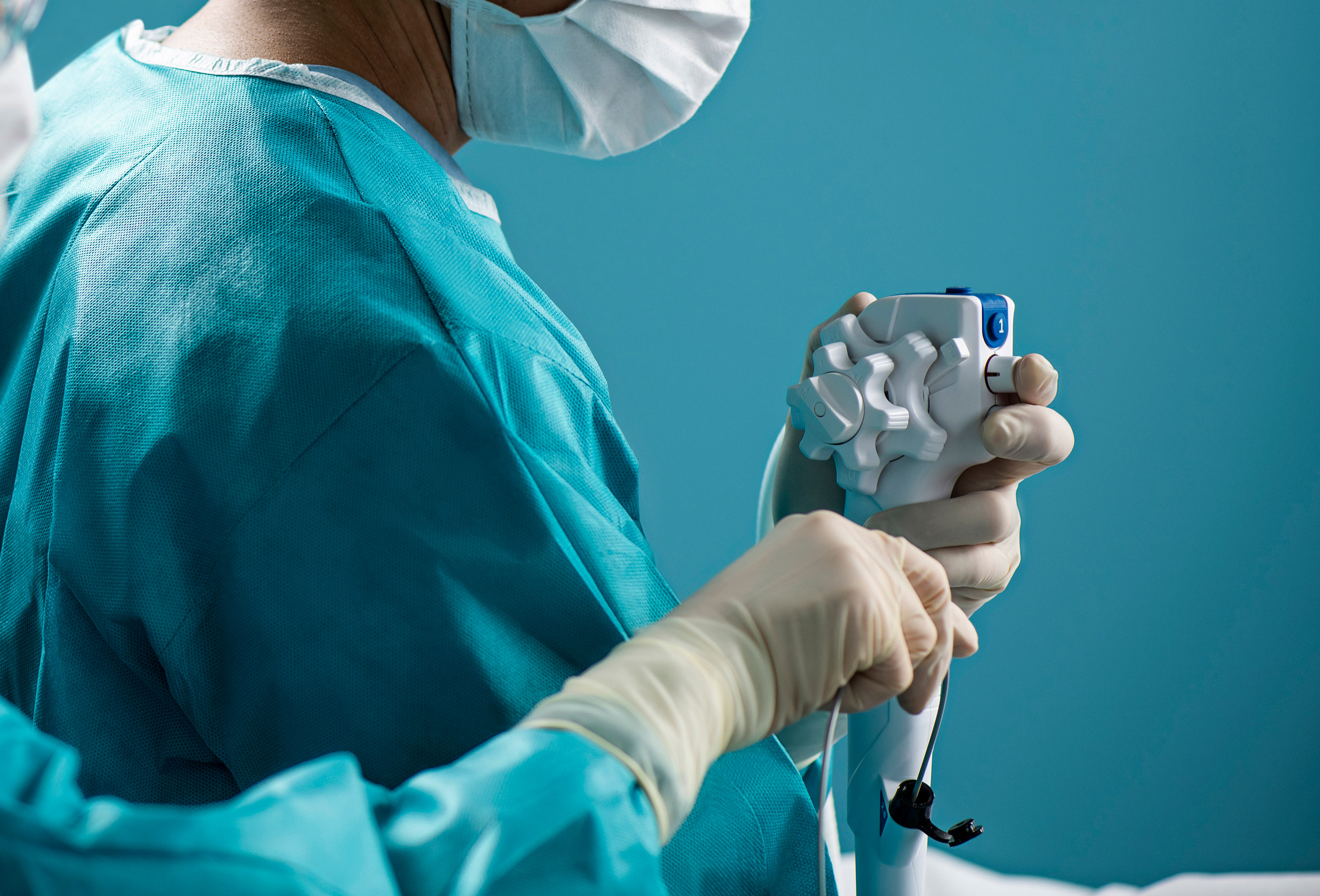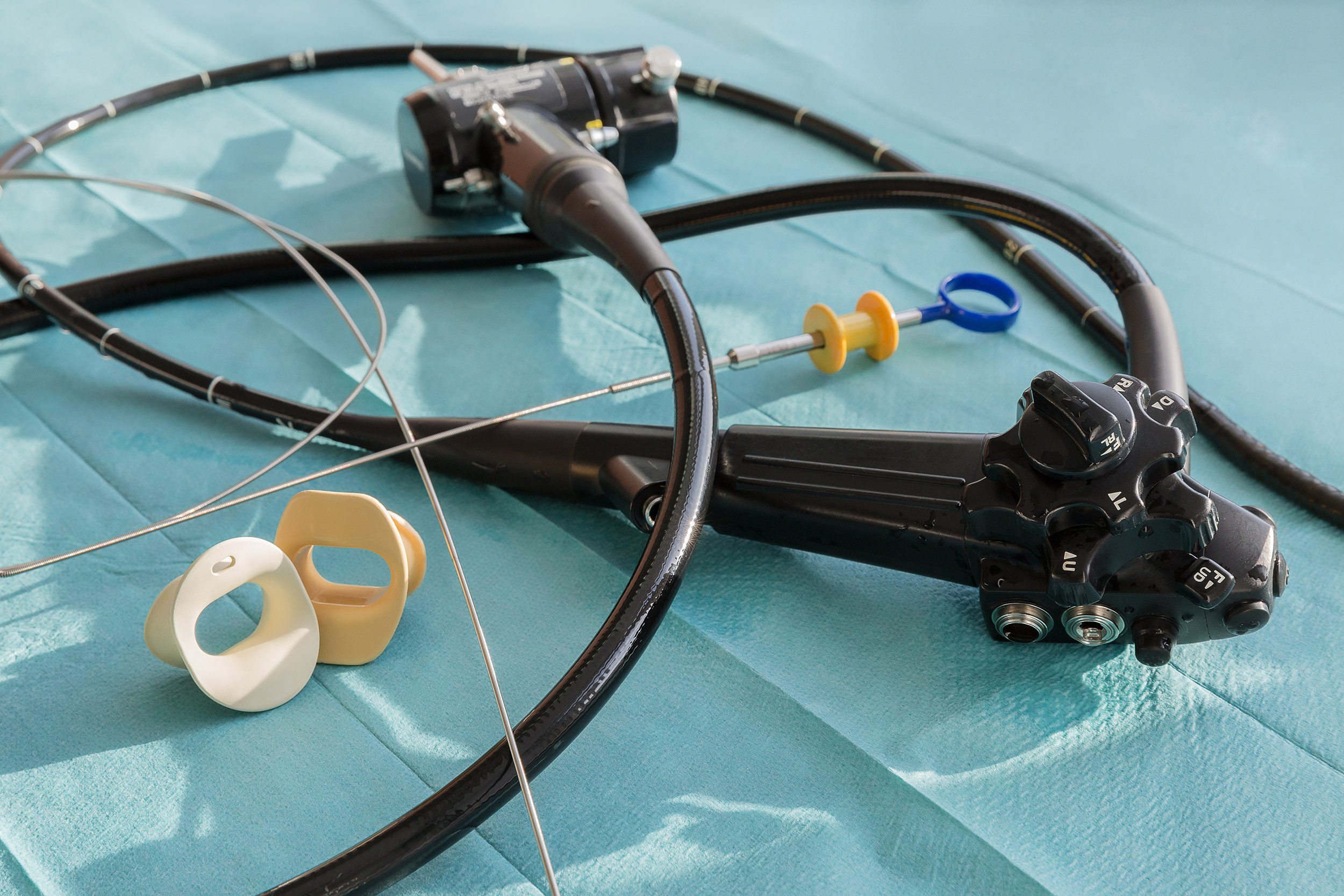
Urologists ranked fourth-highest among medical professionals most likely to experience burnout and depression, as mentioned during a recent Speaking of Urology podcast episode.
Dr. Diana Londoño, a urologic oncology surgeon and life coach with the City of Hope National Medical Center, says self-care, forming peer-to-peer support groups, team-building exercises, getting enough sleep, and playing or listening to music are some good ways to prevent burnout.
Those are among several recommendations from the American Medical Association, Johns Hopkins Medicine, and TEAM Health that she recently shared on Speaking of Urology, the official podcast of Urology Times.
What Are the Consequences of Burnout?
Many doctors who experience burnout and depression are trained to plow through a typical day and try to carry on as if everything is normal, Landoño says. Physicians who don't take care of their health can end up becoming sleep-deprived, don't leave enough time for exercise, develop bad eating habits, and lack social connection.
Since 2013, female doctors have consistently reported higher percentages of burnout than their male counterparts. Fifty-six percent of women experienced burnout in 2021, compared with 41 percent of male physicians.
Landoño said on the podcast that she experienced burnout on two separate occasions.
"You don't know what burnout is until it hits you in the face," she said. "You are just angry all the time, frustrated, short-tempered, tired … but you don't understand why."
Medical practitioners by and large don't live in a world of introspection, where they feel the need to pause what they are doing and reset their thought processes. Instead, according to Londoño, they are trained to push aside their feelings and disregard their own mental state of mind.
As a result, physicians in the throes of burnout don't often realize it until someone says something to them.
Changing the Workplace Culture and Mindset
Urologists, who are experts in their field, may feel pressured to know all the answers to their patients' questions — and to be perfect.
That’s why when a physician makes a mistake, they may feel shameful, guilty, frustrated, anxious, and stressed, said Londoño.
"The culture of medicine is about perfection. There is no space to talk about feelings," she added. "If we don't talk about our feelings, it's just going to boil over and burst."
Through awareness and introspection, doctors can empower themselves. By realizing they’re not perfect, urologists can develop compassion for themselves and accept their imperfections, Londoño said.
"Ten minutes of self-care each day decreases anxiety, depression, increases resilience and happiness," she said.


